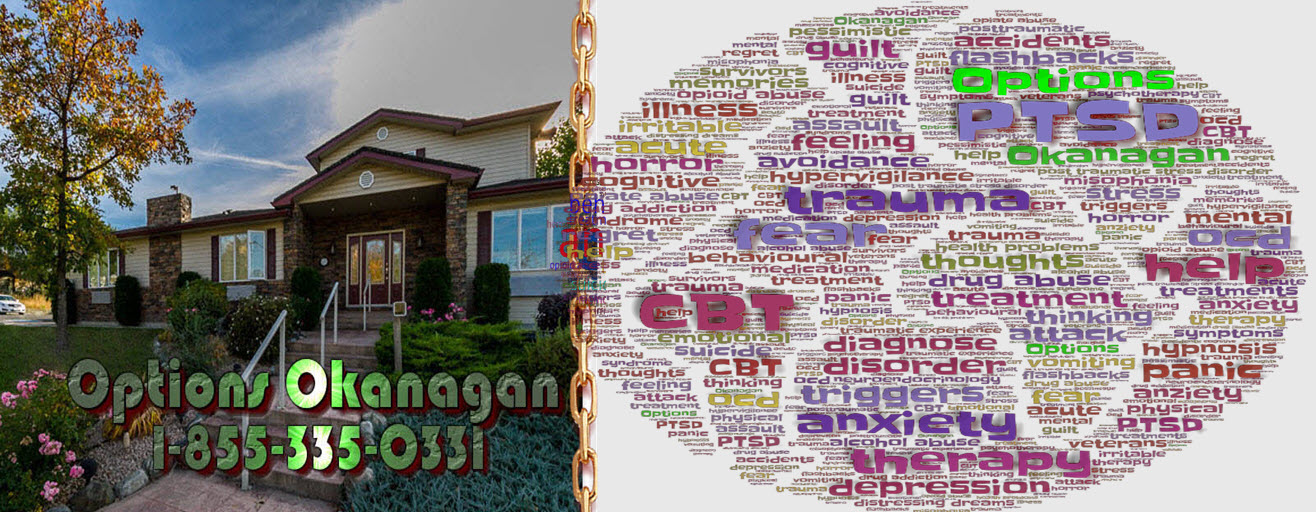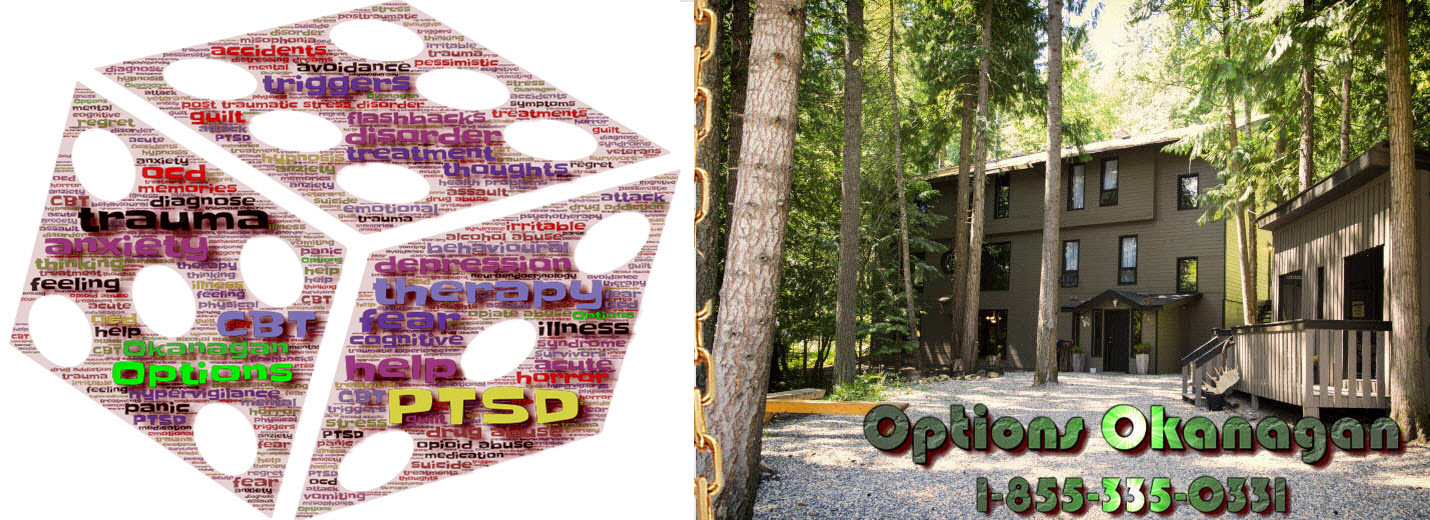Conduct disorders into antisocial personality disorders – Mental health disorder programs in BC and Alberta – Drug rehab programs in Alberta and British Columbia – Options Treatment Center in Kelowna, British Columbia treating opioid, drug, opiate, fentanyl, heroin, and alcohol addiction and recovery.
Drug Rehabs In Alberta And BC
Adolescents and children who have conduct disorders are up-and-coming psychopaths.
They deliberately and repeatedly – and often very joyfully – violate other people’s rights and breach age-appropriate social rules and norms. Some of them happily torture and harm people, or more often, animals. Some others damage property, while others habitually steal, lie, and deceive. Inevitably, those behaviors render them academically, occupationally, and socially dysfunctional.
They end up being poor performers in the community, in school, and at home. As these adolescents continue to grow up and over 18 years old, the diagnosis changes automatically from Conduct Disorder over to Antisocial Personal Disorder.
Children who have Conduct Disorder have mastered the art of denial. They have a tendency to minimize their own problems while blaming other people for their failures and misbehavior. They believe that shifting their guilt justifies their pervasive and invariable menacing, intimidating, and bullying tantrums and gestures.
Mental Health Disorder Programs In BC & Alberta
Adolescents who have Conduct Disorder frequently are embroiled in both physical and verbal fights. They often use weapons, improvised (for instance, broken glass) or purchased, and act out in cruel ways. Many underage animal torturers, vandals, arsonists, burglars, shoplifters, robbers, rapists, purse-stealers, extortionists, and muggers have been diagnosed as having Conduct Disorder.
There are many different forms and shapes of Conduct Disorder. Instead of being physical, there are some adolescents who are cerebral. They tend to act out as con-artists, forge documents to gain material benefits or erase debts, swindle everybody, including their teachers and parents, or lie out of awkward situations.
Conduct-disordered adolescents and children find it hard to honor agreements and follow rules. They view societal norms as being inconvenient impositions. They miss work for no good reason, skip school, run away from home, and stay out very late at night.
There are some adolescents who have Conduct Disorder who are also diagnosing with having Oppositional Defiant Disorder and one or more Combined-Type ADHD personality disorders.
In the hyperactivity/impulsivity category, a person must have a least six of these symptoms: often intrudes on or interrupts others, has a hard time waiting their turn, blurts out answers often before the question has been completed, talks excessively quite often, has difficulties playing quietly, runs around inappropriate quite often (restlessness), leaves their seat often in structured settings, and fidgets often while sitting. Some of those symptoms need to have lasted for six months at least and have been present before the child is seven years old.
In the inattention category, a person must have a least six of these symptoms: forgetful often in daily activities, distracted easily by outside stimuli, loses things often that are necessary for daily life, dislikes and avoids tasks where sustained mental effort is required, has a hard time organizing activities and tasks, often does not appear to listen when being directly spoken to, often has a hard time keeping sustained attention in play activities or tasks, makes careless mistakes often in work, schoolwork, and other activities. Some of those symptoms need to have lasted for six months at least and have been present before the child is seven years old.
The most common kind of ADHD among ADHD sufferers is combined ADHD.
These are also the people who have the highest risk for other types of negative problems within their lives due to the disorder’s nature. First, children who have Combined Type ADHD also have higher conduct disorder rates. Parents with a child who has this kind of ADHD needs to continuously look for problems in other aspects of their lives beyond specific ADHD symptoms. Remember that problems within the social, psychological, and emotional domains are a response to having ADHD, rather than the actual disorder. With work and time, the way that your child behaves can be changed.
Options Okanagan Opiate and Alcohol Treatment Centers in Kelowna, Salmon Arm and Vancouver, British Columbia – Men and Women are recovering and healing from Alcohol and Drug Abuse at our treatment center here in the Okanagan right now.
Our unique and distinctive Opiate Drug and Alcohol treatment program allow men and women to come in from Calgary as well as Edmonton as we offer airport pickup.
Numerous clients come to us from Vancouver, Calgary, and Edmonton and other locations in Alberta and even other provinces for Opiate addiction treatment, heroin drug treatment, many other drugs, and alcohol addictions for rehabilitation because of the uniqueness of our treatment center.
Our (Kelowna) Alcohol and Drug Treatment Program Location:
(Not Mailing Address) – Contact Us – Web Page
For Mail Delivery :: Please contact each center for correct mailing addresses, also this location is the location of our residential treatment programs in Kelowna. Please call Toll Free 1-855-335-0331 – to contact the treatment center you are going to for the address and directions.
Options Okanagan Drug and Opiate Treatment Center
551 Sherrydale Crescent, Kelowna, British Columbia, V1V 2E6
Toll-Free Phone Number: 1-855-335-0331




